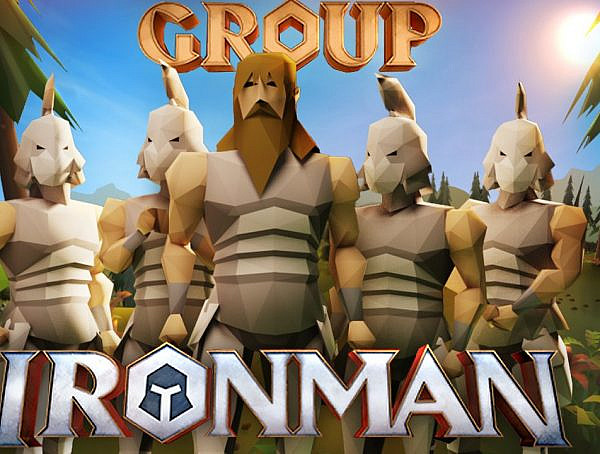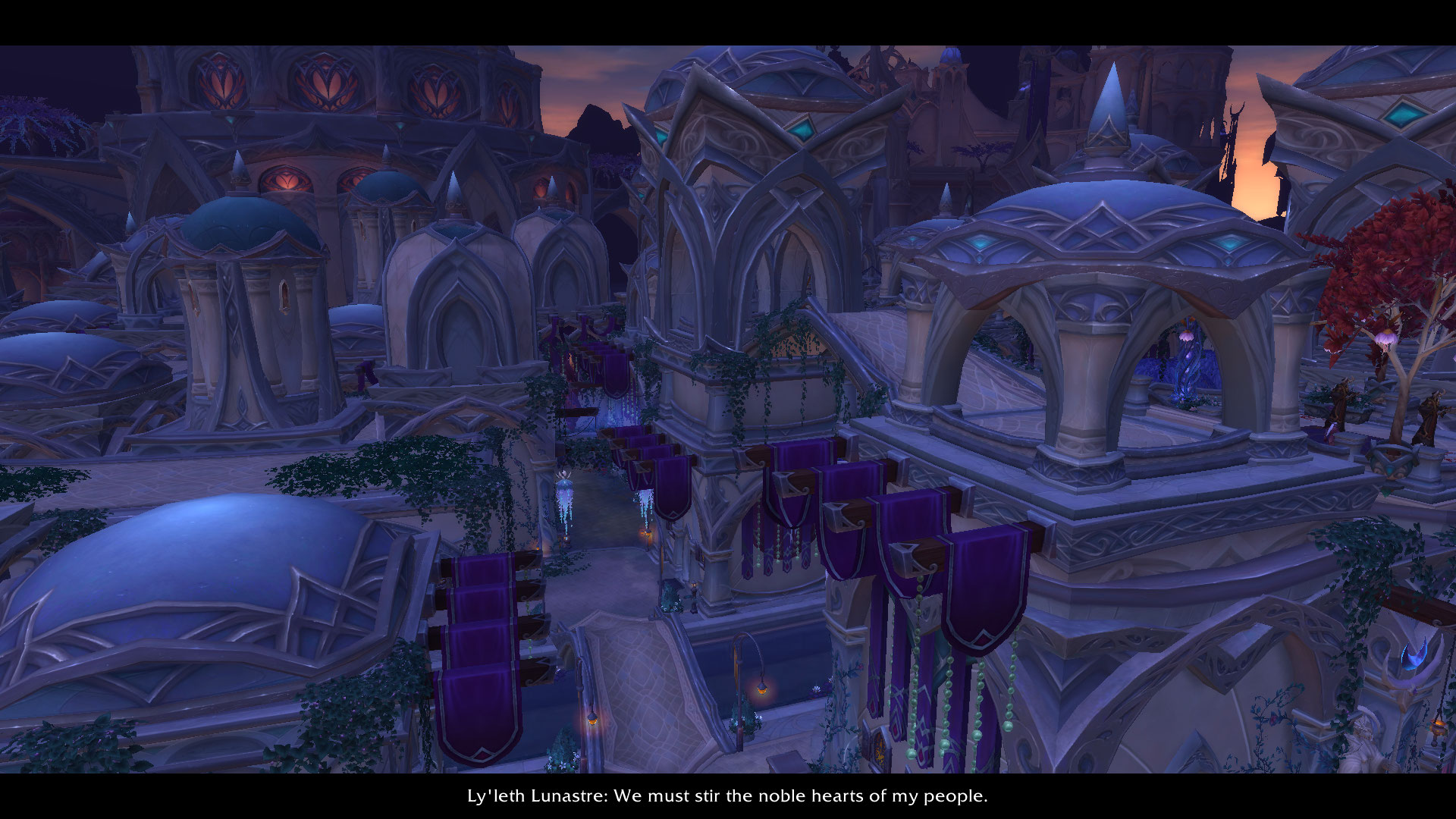Wealth inequality in Eve Online appears more extreme than in the real world, and equally as contentious. In “EVE Online: The Worlds of Wealth and War”, Brenton Hooper looks at the economics of the massive-multiplayer sci-fi game. Spaceships are tools of war and territorial control in EVE, and even those not involved with combat compete through the economy. Character progression can be purchased from other players and allows the use of increasingly powerful spaceships.
The economics concept of first-mover advantage states that someone entering a market early gains an advantage over others through exclusive control of resources. The author considers EVE Online a market-based, player-driven economy. Items are created by players who gather, refine, and make products from resources in the game. According to the author, the games industry holds a common belief that veterans have significant advantages over newer players. While the most veteran players of EVE have a head start of 16 years over newcomers, the study did not find a strong relationship between account age and wealth. Instead, wealth correlates with time spent playing. While potential playtime is limited by when a character was created, the author notes that the first-mover advantage does not seem to hold in EVE Online.
The study author divided wealth into two categories. Items and ISK (Interstellar Kredits), a currency NPCs give as a reward for completing tasks which players use for trade. NPCs can grant items, but most are player-created. Every item of a given type, like a specific spaceship model, has the same value. The worth of items was calculated from a 30-day average market price, or if craftable by players, the price of parts required to make it. The author found that 82.65% of wealth was in items, with 17.35% in ISK. Players were further divided into all players and those with over 20 hours in the game. The top ten percent of players were found to have 98.26% of wealth of all players in the game, and 85.34% of wealth within the latter group of players. In the real world, the top ten percent of people hold 81.7% of wealth.
While the findings show drastic wealth inequality in EVE, the markets are not directly comparable according to the author. Unlike in-game where the assets of inactive players are safe, wealth rarely stays dormant in the real world. The assets of dead people are claimed by relatives or the state. Characters do not need food or housing and there is no government-backed credit, fractional banking system, or unemployment. Still, the author claims potential future research around the effects of EVE Online’s social systems on the wealth disparity, and the effect of a long catch-up on the behavior of new players. The time to reach a median level of wealth in EVE was found to be roughly 120 hours.
Finally, the author highlights potential issues regarding the study method. As players can have multiple accounts, the study relies on each having the same email address for accurate identification. Account sharing is ignored, as are some valuable items not craftable or tradable on the market. Some stores of value, like NPC Loyalty Points redeemable for rewards, were also not accounted for. While these factors mean that in practice the wealth of players is higher than calculated, the author states that including them would only emphasize the inequality further. The study data was collected on the 26th of July 2020, using proprietary tools available to employees of the game studio.
The Article
Hooper, B. 2020. EVE Online: The Worlds of Wealth and War. Proceedings of DiGRA 2020.
http://www.digra.org/wp-content/uploads/digital-library/DiGRA_2020_paper_169.pdf
Image
Header image by CCP Games from the EVE Online press kit.
Source: https://www.ccpgames.com/company
You might also like
More from Game Research Highlights
How do you want to do this? – A look into the therapeutic uses of role-playing games
Can playing RPGs contribute positively to your wellbeing? A recent study aims to find out how RPGs are being used …
Eldritch horrors and tentacles – Defining what “Lovecraftian” is in games
H.P. Lovecrafts legacy lives today in the shared world of Cthulhu Mythos and its iconic monsters. Prema Arasu defines the …
Are Souls Games the Contemporary Myths?
Dom Ford’s Approaching FromSoftware’s Souls Games as Myth reveals the Souls series as a modern mythology where gods fall, desires …















